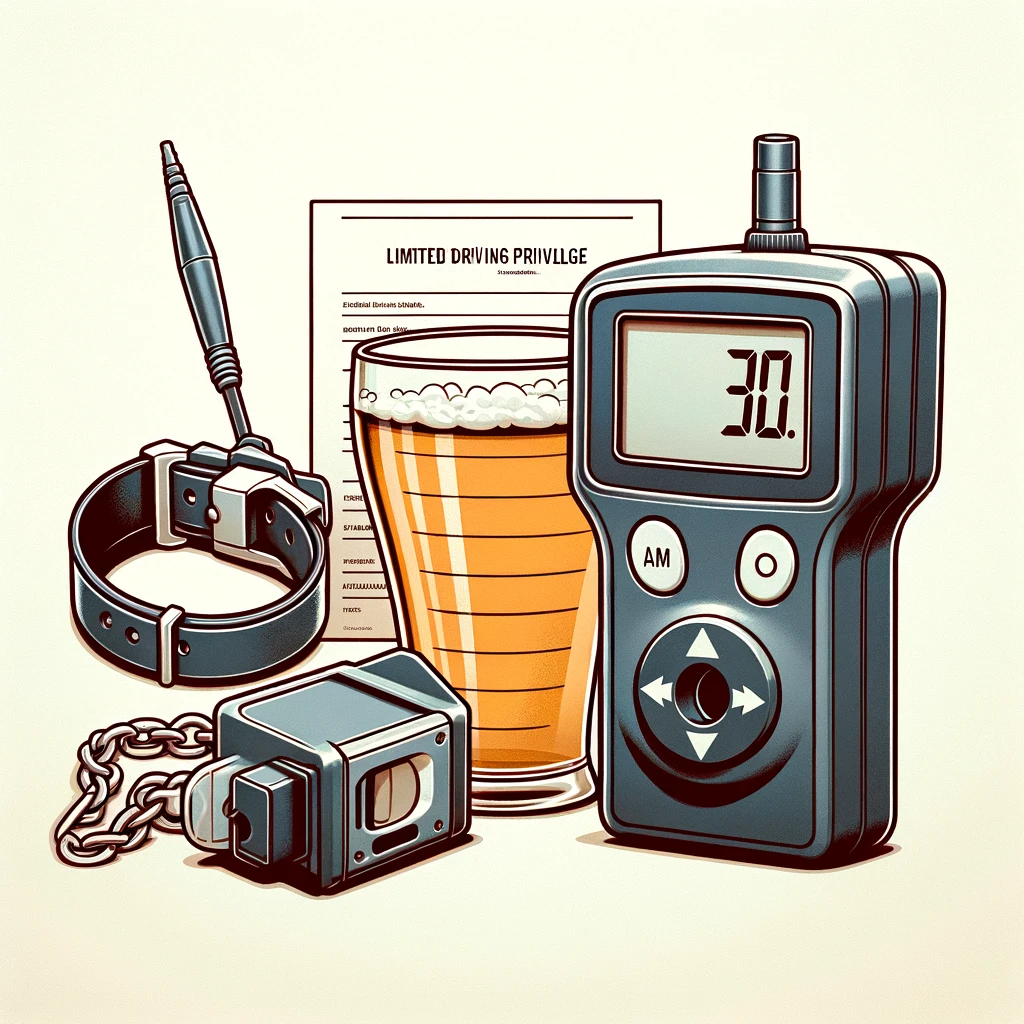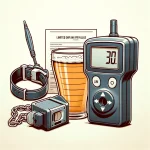In North Carolina, driving under the influence of prescription medication is treated as seriously as alcohol impairment.
Under N.C. Gen. Stat. § 20-138.1, impairment from any substance, including prescribed medication, can result in a DWI charge.
KEY FACTORS TO REMEMBER
Legal Prescription is Not a Defense: Even legally prescribed medications can lead to DWI charges if they impair driving ability.
Common Medications: Drugs like Valium, Xanax, Ativan, and Nyquil can impair driving due to side effects like dizziness or drowsiness.
Case Precedents: North Carolina courts have upheld DWI convictions for impairment due to prescription drugs, regardless of whether the medication was legally consumed.
CHALLENGES IN PRESCRIPTION DRUG DWI CASES
Measuring Impairment: Unlike alcohol, there’s no “bright-line” measurement like BAC for prescription drugs, making impairment harder to prove.
Prosecution Strategies: Prosecutors may use pharmaceutical experts to establish impairment.
Defense Strategies: An experienced attorney can challenge prosecution evidence and provide counter-expertise.
PENALTIES FOR DWI CONVICTIONS
Sentencing Levels: Ranging from Level 5 (least severe) to Level 1 (most severe), based on aggravating and mitigating factors.
Aggravating Factors: Include prior DWI convictions, revoked license.
Mitigating Factors: Safe driving record, impairment primarily due to prescribed medication for a medical condition.
Consequences: Fines, license suspension, potential jail time, and a criminal record.
Defense Approach: Our attorneys focus on countering aggravating factors and emphasizing mitigating ones for the best possible outcome.
Driving under the influence of prescription drugs in North Carolina carries significant legal risks. It’s crucial to understand that legal prescription use does not exempt one from DWI charges. Given the complexities of such cases, consulting with experienced criminal defense attorneys is essential for navigating these charges effectively.







